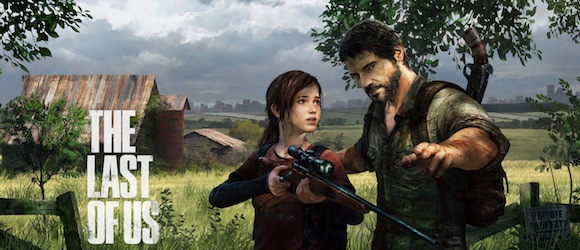If a lot of the pushback against feminist critique of video games, or even the simple assertion that women enjoy playing games and so maybe a studio should consider them to be a valuable demographic, contains a core misconception, it is that the people calling for better representation in the games industry and in the female characters in games think that every man in the industry is an evil women-hating jerk. I mean, come on, those guys have mothers, wives, sisters, and female friends! They don’t hate women!
In fact, if the folks who were responsible for problematic portrayals of female characters or poor representation of real women in games industry were doing it all purely deliberately, it’d probably be a lot easier to fix. The reality is that a lot of this stuff is far more subtle than that, and the sad fact remains that all of us are capable of having noble or even neutral intentions while still overlooking the subtle ways in which we’re contributing to a stereotype, operating on a false assumption, or missing out on a different but important perspective. Case in point, some of the things the creators of The Last of Us have mentioned lately.
We last heard from developer Naughty Dog when The Last of Us scriptwriter Neil Druckmann and voice actress Ashley Johnson discussed the state of female characters in the industry, and Druckmann mentioned that he’d encountered marketing talk that recommended that Ellie, the game’s co-lead, be pushed to the back of the box art, lest her presence on the front lead to lower sales. Since the game purports to focus at least as much on strangers Ellie and Joel forging a parent/child relationship over their travels as it does shooting and stealth mechanics in a post-apocalyptic America, Naughty Dog insisted.
In a recent interview with The Escapist, Druckmann talked more about the odd hurdles Naughty Dog found between them and trying to make a more gender equitable video game. In this case, they discovered that the company they hired to do market testing weren’t planning on including any women in their focus groups… until it was specifically requested.
Another aspect that influences how a game is promoted is focus-testing. Players are rounded up and are asked to view materials and answer some quantitative and qualitative questions about it. My big surprise during this process is that the research group wasn’t planning on focus-testing female gamers – it’s something we had to specifically request. I hope this is a relic of the past that will soon go away.
So here we see a pretty serious effect of how the assumption “women don’t play video games” becomes a self-fulfilling prophecy. If we assume that women don’t play, then we’ll never ask them what they think of a game, and it becomes far more likely that we’ll create a game that presents gender in a limited way, from a limited perspective, or even an offensive one. And then women will be less likely to enjoy playing our game, but that’s all right, because we know that women don’t play games anyway.
It’s clear that not asking women about the quality of a video game is a habit for this company, likely something they’ve been doing for so long that it’s simply accepted as routine. Is that evil? No. Is it lazy, shortsighted, and wrong? Yes.
(via Gamasutra.)








Published: Apr 9, 2013 11:42 am